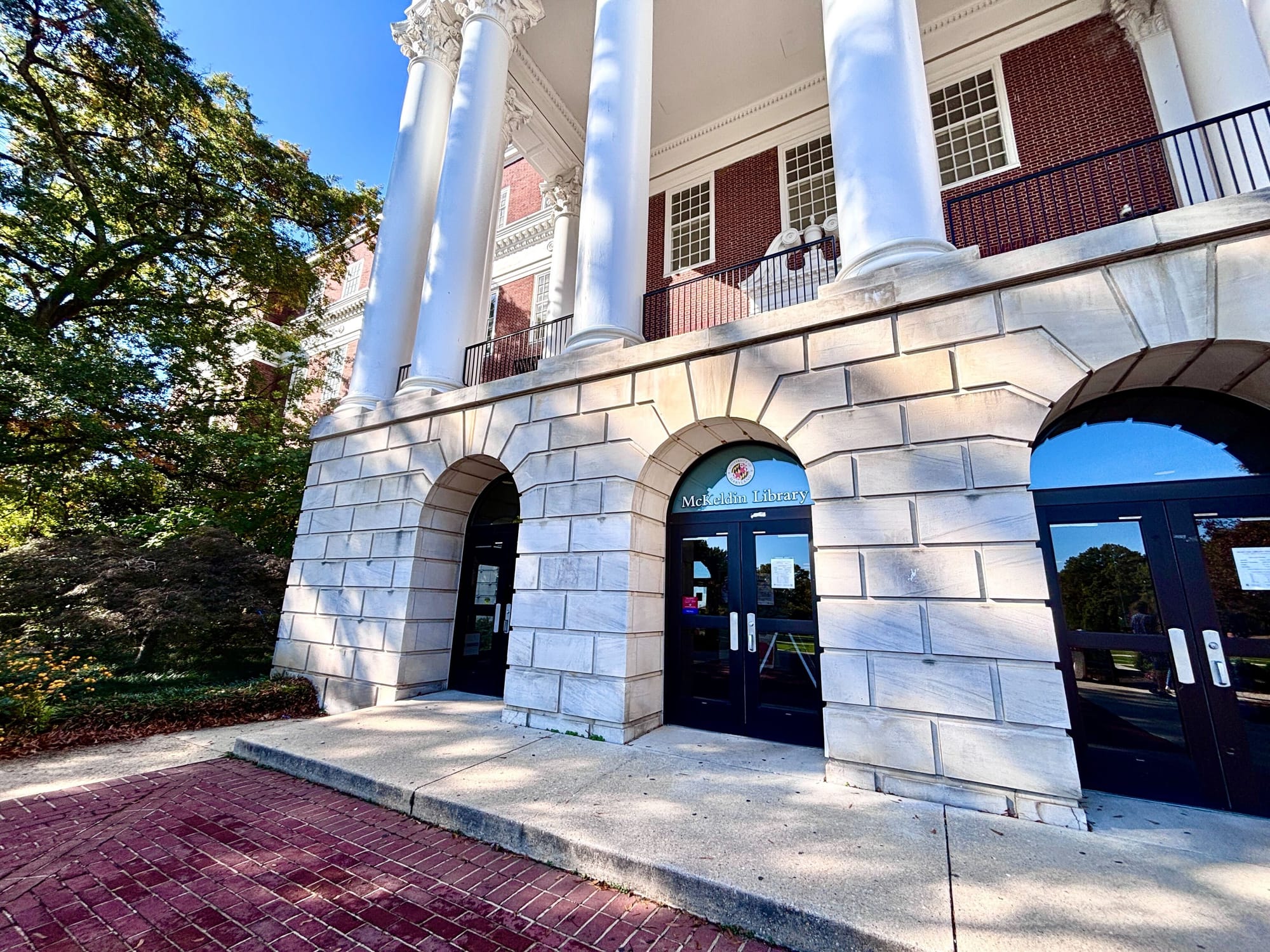UMD Libraries discuss book bans in online workshop

By: Alicia Colegrove
Oct. 5 to Oct.11 marked Banned Books Week, a week to celebrate a person’s right to free thinking that’s hosted by libraries and freedom to read non-profits across the nation.
At the University of Maryland, the school's libraries hosted an online workshop led by Librarian Lindsay Carpenter to mark the event.
The workshop focused on book-banning trends, citing over twenty-two thousand instances of book bans in U.S. public schools since 2021. Statistics presented in the workshop showed that banned books often feature sex or sex related content, characters that are people of color, and LGBTQ+ characters or themes.
“These numbers are disproportionate to publishing rates, so it’s not like 57% of books published for K-12 readers are about sex,” said Carpenter.
She expressed additional concern about the broader implications of book challenges outside of U.S. public schools, noting censorship in public libraries and museums.
“We’re seeing threats from the executive branch to remove federal funding for institutions that aren’t in line with what they’ve identified as ideologically appropriate,” she said.
Workshop attendees also learned how to get involved in freedom to read efforts through initiatives like Unite Against Book Bans.
“Unite Against Book Bans also connects folks through grassroots organizing that’s happening at different state and regional levels,” said Carpenter. “So you can join an organization that already exists.”
According to PEN America, a nonprofit aiming to protect free expression, book bans are most common in Florida, Texas and Tennessee.
Sarah Symmons, a freshman journalism major from Tennessee, said some parents of kids at her high school complained about books like “To Kill a Mockingbird” and “Romeo and Juliet.” Symmons said that those parents didn’t want their kids to be exposed to what they believed was racist theming.
Carpenter said censoring ideas and history does not erase them from real life. She appreciated how one student put it: “Books with certain content or themes doesn’t make that theme go away in students' lives.”